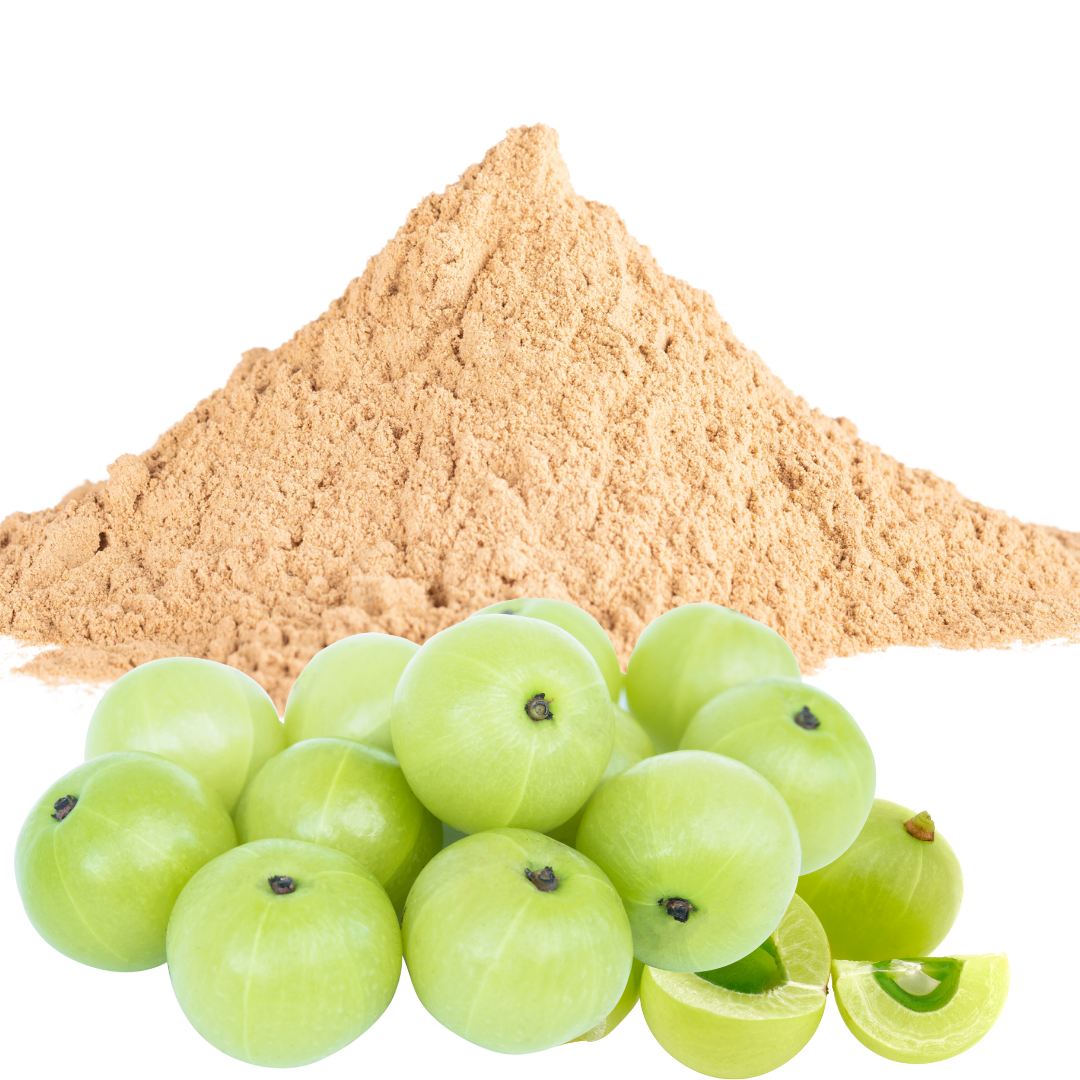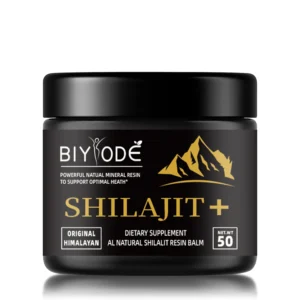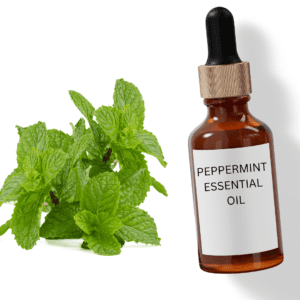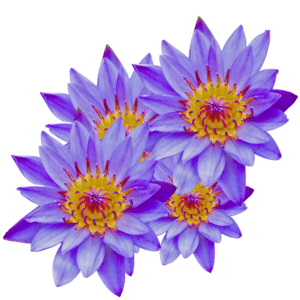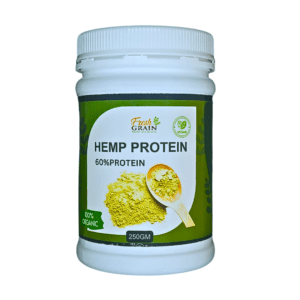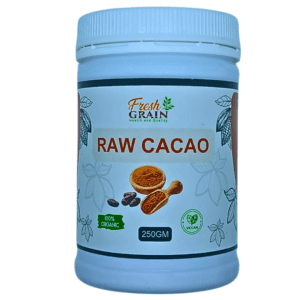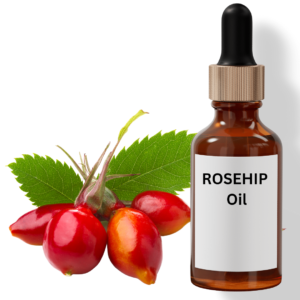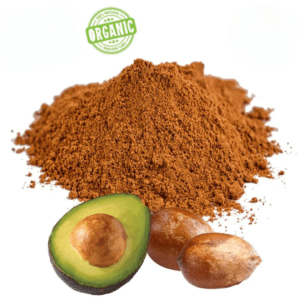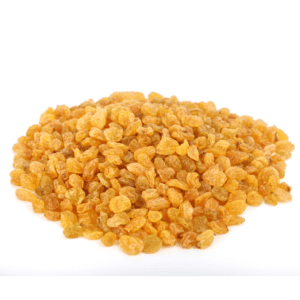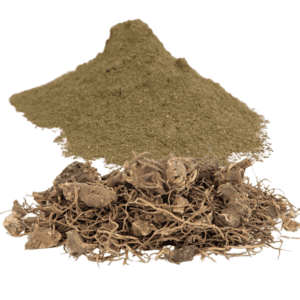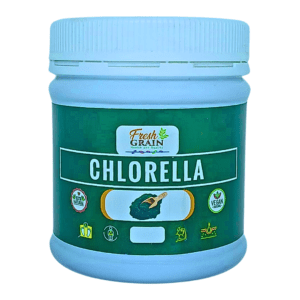Amla Powder:
Description: Amla powder is derived from the Indian gooseberry, scientifically known as Phyllanthus emblica or Emblica officinalis. Amla is a small, sour fruit that has been a staple in traditional Ayurvedic medicine for centuries. The powder is made by drying and finely grinding the fruit, resulting in a greenish-brown powder with a tart taste.
Nutritional Breakdown: Amla is a nutrient-dense fruit, and its powder retains many of its nutritional components. The nutritional breakdown per 100 grams of amla powder may include:
- Calories: 58 kcal
- Protein: 2.3 g
- Fat: 0.5 g
- Carbohydrates: 14.3 g
- Dietary Fiber: 7.3 g
- Sugars: 0.9 g
- Vitamins and Minerals:
- Vitamin C: 478 mg (531% DV)
- Vitamin A: 290 IU (10% DV)
- Calcium: 26 mg (3% DV)
- Iron: 0.6 mg (3% DV)
- Potassium: 297 mg (6% DV)
Benefits:
- Rich in Vitamin C:
- Amla is exceptionally high in vitamin C, a powerful antioxidant that supports immune function and skin health.
- Regular consumption may contribute to the body’s ability to fight infections.
- Antioxidant Properties:
- Amla powder contains various antioxidants that help combat oxidative stress and free radicals in the body.
- Antioxidants may contribute to overall health and well-being.
- Hair and Skin Health:
- Amla is believed to promote hair growth and maintain skin health.
- Applying amla powder as a hair or face mask may provide nourishment and improve the appearance of hair and skin.
- Digestive Health:
- Amla is traditionally used in Ayurveda to support digestive health.
- It may aid in relieving constipation and promoting a healthy digestive system.
- Heart Health:
- Some studies suggest that amla may have a positive impact on cardiovascular health by supporting healthy cholesterol levels.
- Blood Sugar Regulation:
- Preliminary research indicates that amla may have a role in regulating blood sugar levels.
- Consultation with a healthcare professional is advised for those managing diabetes.
How to Use Amla Powder:
- Dietary Supplement:
- Mix 1-2 teaspoons of amla powder with water, juice, or smoothies for a daily vitamin C boost.
- Hair Mask:
- Create a hair mask by mixing amla powder with water, yogurt, or coconut oil. Apply to hair and scalp, leave for 30 minutes, and then rinse.
- Face Mask:
- Combine amla powder with honey or yogurt to make a face mask. Apply to the face, leave on for 15-20 minutes, and rinse.
- Chutneys and Pickles:
- Amla powder can be added to chutneys, pickles, or sauces to enhance flavor and nutritional content.
- Tea Infusion:
- Steep amla powder in hot water to make a nutrient-rich tea. Add honey or lemon for flavor.
- In Cooking:
- Use amla powder as a spice in cooking, adding it to curries, soups, or stir-fries.
Always start with a small amount of amla powder and gradually increase as needed. Consult with a healthcare professional, especially if you have underlying health conditions or are pregnant, before incorporating large quantities of amla powder into your routine.

